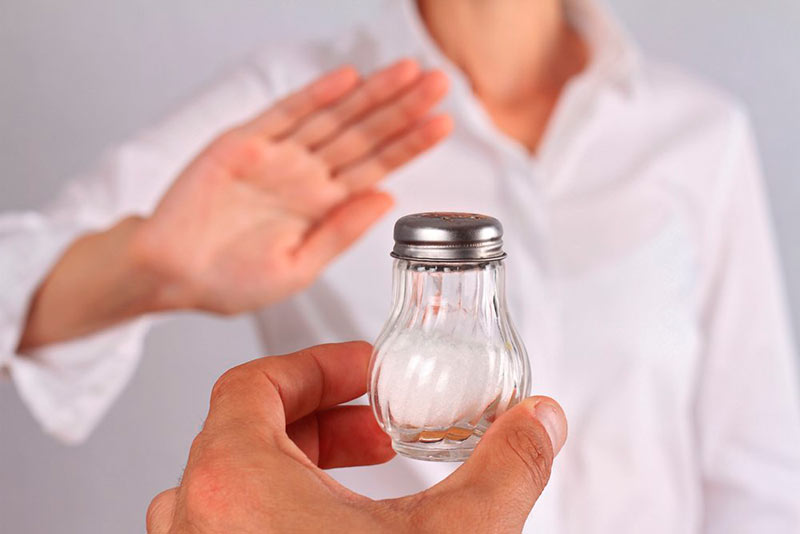This is the move most of us make as soon as we sit down to eat: we put salt on our plate. But according to a study of 500,000 middle-aged Britons, this “innocent” movement leads us to an early death.
The researchers found that the constant addition of salt to food reduces the life expectancy of men by more than two years, and women by one and a half years. Be careful! However, this does not mean that we should not salt our food during the cooking process.
As noted by The Guardian, the study did not completely rule out the possibility that other factors influenced this. For example, increased salt intake may indicate a less healthy lifestyle. But the research team said the evidence was strong enough for people to start reconsidering adding salt to their food.
“To my knowledge, our study is the first to evaluate the relationship between salt in food and premature death,” said Professor Lu Qi of the School of Public Health and Tropical Medicine at Tulane University in New Orleans, who led the study. “Even modest reductions in sodium intake, by adding less or no salt, are likely to result in significant health benefits, especially if achieved in the general population.”
The findings were based on a British Biobank survey of more than 500,000 people. Volunteers were studied for an average of nine years. When they participated in the study between 2006 and 2010, they were asked via a questionnaire whether they added salt to their food, and how often they did so.
Salt intake is difficult to accurately measure because many processed foods are high in salt. About 70% of sodium intake in Western countries comes from processed and prepared foods, and 8-20% comes from table salt as a result of food salting.
A study found that those who always put salt on their plate were 28% more likely to die prematurely than those who never did so. At age 50, men and women who always added salt had 2.3 years and 1.5 years less life expectancy, respectively.
Professor Annika Rosengren, a senior research fellow at the Sahlgrena Academy at the University of Gothenburg, who was not involved in the study, told The Guardian that while some of the health advice is clear – quitting smoking, for example – it’s not possible to cut out salt completely, but there is an optimal intake level. However, as she explained, it is difficult to determine the “golden mean” for the health of each person. “So far, the salt data seems to show that healthy people who consume normal amounts of salt don’t have to worry too much,” she said.

For this group, a balanced salt intake with a diet rich in fruits and vegetables should be a priority. However, people at high risk for heart disease should probably cut back on their salt intake. “Refusing to add extra salt to already cooked foods is one way to achieve this,” she said.







More Stories
Oral health: increased risk of cancer
Avian influenza virus found in cow's milk
What medical diagnostics should be performed annually?